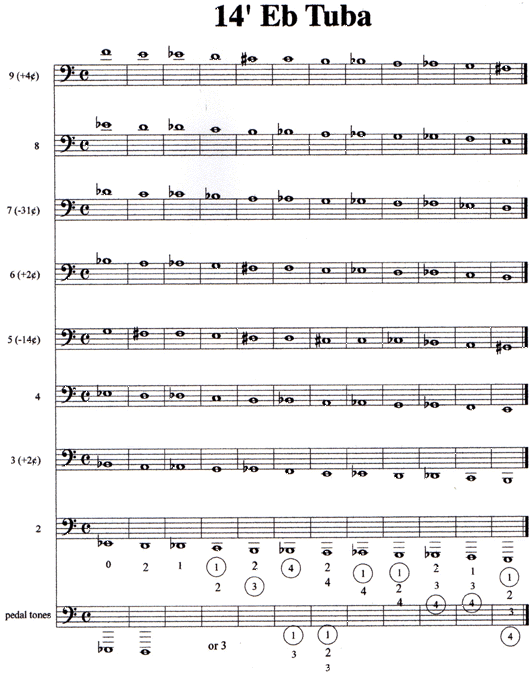
No one is sure who was the first to promote in print the pedal tone concept but two of the earliest could have been the Roger Spalding Double High C in 37 Weeks method and the Claude Gordon Systematic Approach to Daily Practice method. What method books utilize pedal tones in their material? Whatever the reason, those who practice the use of pedal tones, all agree that pedal tones do help with upper register performance. Some feel that by having puffed the lips up with the pedal tones, more meat is under the mouthpiece and consequently you have an added cushion of embouchure to work with and some believe that you play in more of a pucker position under the mouthpiece. Some players feel the added oxygen is the reason. There are many theories on why pedal tones help increase our high register. How can pedal tones improve playing high notes? After an extended time playing pedal tones, you feel as if you had just received injections of collagen in your lips.

Pedal tones not only relax facial muscles but also super charge the meat with added oxygen for a more rapid recovery from tired embouchure muscles. This extreme relaxation of your facial muscles is the reason we practice pedal tones. The reason for this is that your lips are vibrating at such a slow speed and your lips are relaxed to such an extreme that your whole face will begin to feel this relaxed condition. With a little experimenting and a little less mouthpiece pressure, you will suddenly produce a whole new world of strange vibrations which, if continued too long, will begin to make your nose itch. Continue lowering your notes until you are unable to go lower. Once you have a good F (and can this even be possible?), continue down to the next half step below. In order to produce this lower half step, all you have to do is relax your embouchure to the required note. Pedal tones are the notes below the usual low register of the trumpet which would begin on our written low F, one-half step below our normal low range.

What are pedal tones and what do they do for you? The after affects of such an experience will teach one the fine art of flapping ones lips or as you will see, playing pedal tones. I’m sure that there are trumpet players around who enjoyed the experience and I am also confident that those players also enjoy have a root canal done on them during a lightening storm. If you have ever played the circus, and I am speaking of the Ringling Brothers, Barnum and Bailey circus, you know what I am talking about. I’m not sure who should be given credit for the use of pedal tones but my guess would be that it had something to do with playing the Circus. The use of pedal tones is like eating Chinese food you either love it or hate it.


 0 kommentar(er)
0 kommentar(er)
